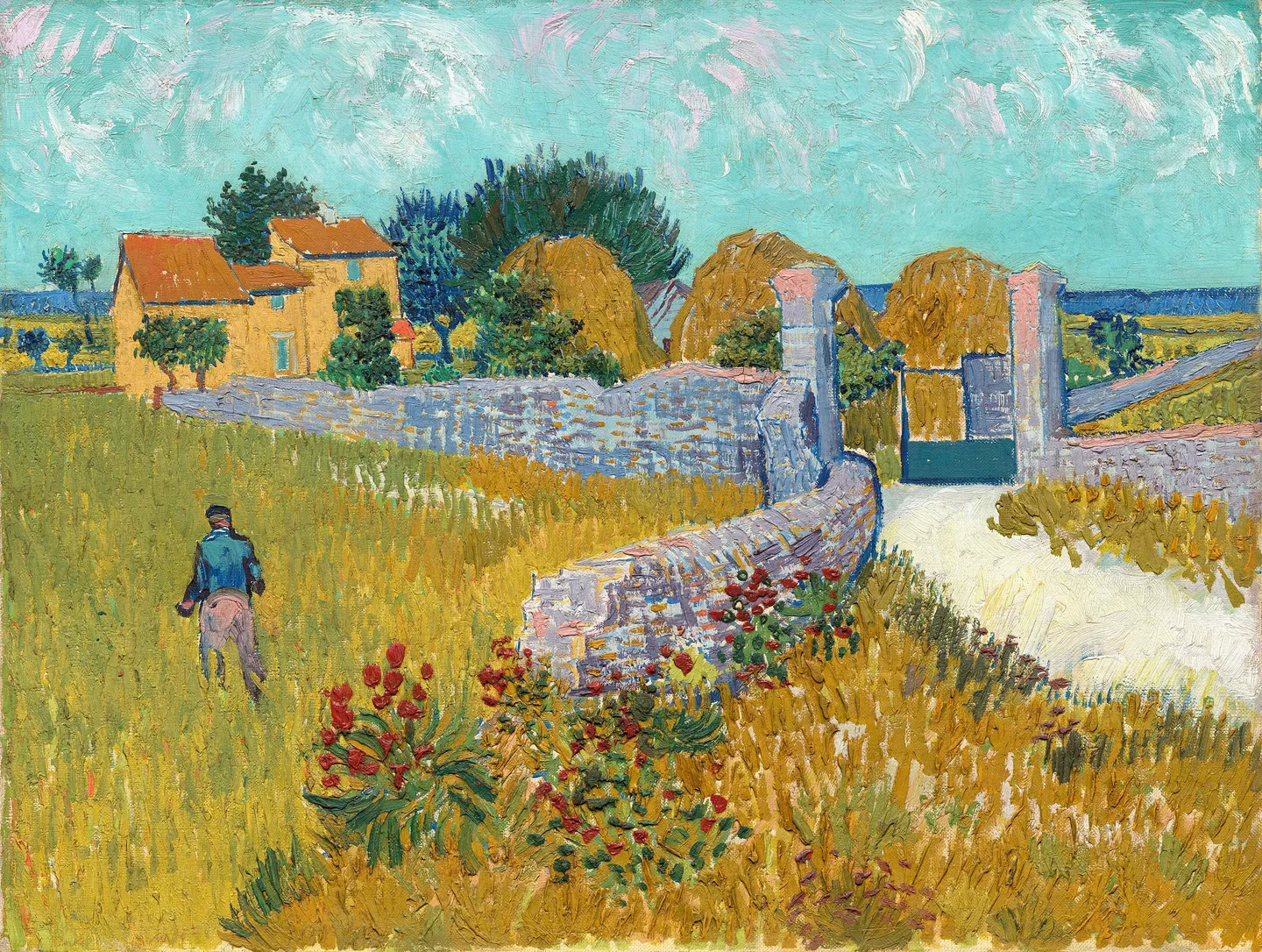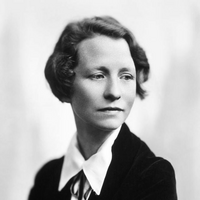
Well, I have lost you
By A. J. Goode
I wanted to talk about my favorite poem here to celebrate National Poetry Month, but I don’t think I can narrow it down to just one. After all, I quote “The Love Song of J Alfred Prufrock” every morning when I make my coffee and tell myself that “I have measured out my life in coffee spoons.” I think of Ferlinghetti’s “Christ Climbed down” at Christmas every year. Keats’ “Ode on a Grecian Urn” springs to mind every time I lose a loved one, and I start reciting Sandburg’s “The Sins of Kalamazoo” every time I drive through my home town of Kalamzoo, Michigan.
But when I sat down to write this morning, one poem jumped into my mind. It’s one I first heard back in high school and has stayed with me all these years, although I don’t think I ever really understood it before now. It’s “Well, I Have Lost You” by Edna St. Vincent Millay.
You see, it’s been a year and a half since my husband and I split. We talk almost every day now; we are better friends than we ever were as a married couple. Friends and family don’t understand why we don’t hate each other, why our divorce hasn’t been more bitter and angry. I can’t put it into words, but good ol’ Edna did it for me.
In my own way, and with my full consent.
Say what you will, kings in a tumbrel rarely
Went to their deaths more proud than this one went.
In other words, no one “stole” him from me. I lost him fairly. No one destroyed our marriage. We did this to ourselves. We both allowed it to happen, and I think this past year has been all about both of us growing up and accepting the fact that we did our best. Our best just wasn’t good enough.
At the end of our marriage, he fell in love with another woman. I don’t blame her, and I don’t blame him. We were done long before she came into the picture. Yes, there have been tears and bad feelings and heartache on both sides, but there is no villain here.
The marriage died a natural death.
I will confess; but that’s permitted me
It hasn’t been easy for any of us, and that’s okay. It’s okay that we’ve cried and raged and said some awful, hurtful, wicked things to each other. And about each other. Like the poem says, “that’s permitted.” We are allowed to mourn the loss of our future together.
Rubbed in a cage a wing that would be free.
These lines remind me of another verse that was popular in the 1970’s: “if you love something, set it free. If it comes back to you, it is yours; If it doesn’t, it never was.” It’s been credited to Richard Bach, Jess Lair, and even Sting, but perhaps Ms. Millay said it first and best.
Basically, they are just different ways of saying “I don’t want to keep someone who doesn’t want to be kept” or “I love you enough to let you go.”
Or even “I deserve better than someone who doesn’t want to be with me.”
It’s not about slamming doors or marching away in anger. It’s about quietly accepting the fact that the relationship is over and then simply letting go. No one is quitting or giving up; we’re just . . . releasing each other.
I might have held you for a summer more,
But at the cost of words I value highly,
And no such summer as the one before.
I could have played games. I could have been manipulative and controlling and begged him to stay. Or he could have begged me for one more try. We could have lied to each other and eventually hurt each other even more under the guise of “trying.”
I’m not saying that either one of us is terribly honorable or any kind of a saint. We’ve both gotten in our digs at each other, scored a couple of hits below the belt. I’ve had my days when I was the perfectly bitter and angry ex-wife, and I know there were days when he couldn’t stand the sight of me. At the same time, I know we’ve both wondered if we should have tried a little harder, made one last effort, given it one last shot.
We “might have held you for a summer more,” but our last summer together was miserable. We weren’t fighting, we were just . . . existing. Avoiding. I look back at my blog posts from that summer, and I see my own desperate efforts to convince the world and myself that we were blissfully happy. Meanwhile, we were running in place, scrambling for traction on an icy road, losing a little bit of ground every day.
Miserable. Lonely. So alone and yet always within arm’s reach.
Friends and family wonder why we don’t hate each other. They ask why we are still apart if we get along so well now. There are nudges and winks and sly looks from those around us, as if to say, “See? I knew you guys would get back together.”
And that, folks, is why the last line of this poem really speaks to me:
I shall have only good to say of you.
Anguish. Yup, that’s the word I’ve been looking for all this time. Anguish. It’s more than pain, more than regret, more than sadness. Anguish. But we’re going to survive it – outlive it — and go on because that’s what people do after a divorce. We’ll never forget each other, or even really say good-bye, but we’re going to get through this.
And in time, I will have only good to say of him, and he will have only good to say of me. Not because we belong together or even entertain the hope of any kind of reconciliation, but because we once loved each other and thought we would be together forever. Because we’ve both felt that anguish and tried to heal.
Because . . . we lost each other fairly and with full consent.
Well, I Have Lost You by Edna St. Vincent Millay
In my own way, and with my full consent.
Say what you will, kings in a tumbrel rarely
Went to their deaths more proud than this one went.
Some nights of apprehension and hot weeping
I will confess; but that’s permitted me;
Day dried my eyes; I was not one for keeping
Rubbed in a cage a wing that would be free.
If I had loved you less or played you slyly
I might have held you for a summer more,
But at the cost of words I value highly,
And no such summer as the one before.
Should I outlive this anguish—and men do—
I shall have only good to say of you.






